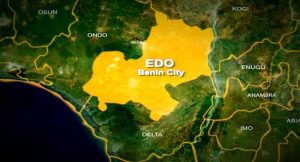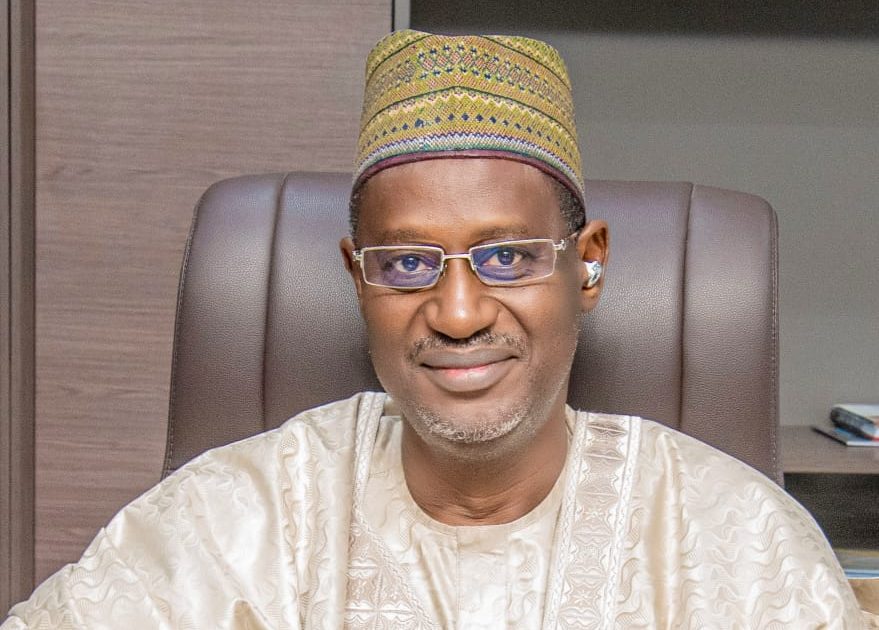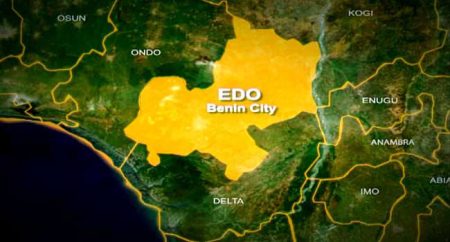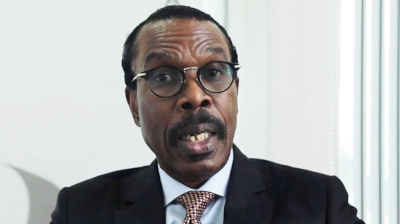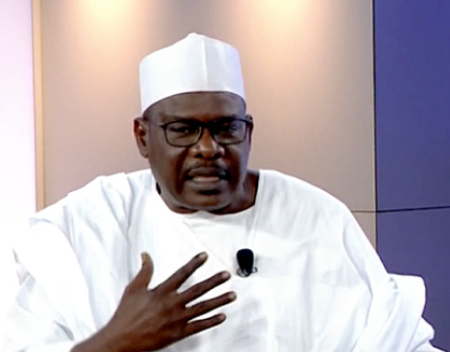Nigeria’s urban landscape is undergoing a rapid transformation, driven by population growth and increasing urbanization. Recognizing the need for a comprehensive roadmap to manage this urban expansion, the Federal Executive Council has approved a groundbreaking 10-year National Urban Development Policy (NUDP). This policy, hailed as a landmark decision, aims to revolutionize urban planning, development, and governance across the nation, ensuring sustainable and resilient urban growth over the next decade. The NUDP marks a pivotal moment in Nigeria’s urban development trajectory, setting the stage for a more structured and integrated approach to urban management.
A central pillar of the NUDP is the reform of urban governance. The policy acknowledges the growing complexity of urban areas, which often sprawl across multiple local government areas, creating jurisdictional challenges. To address this, the NUDP recommends the establishment of metropolitan planning commissions and regional planning bodies. These entities will be responsible for overseeing infrastructure development, service delivery, and overall planning across entire urban zones, ensuring coordinated and efficient management. This move towards regional governance structures reflects a significant shift from the traditional fragmented approach to urban management, promoting greater collaboration and synergy between different local authorities.
Incorporating innovative urban planning concepts, the NUDP embraces the “15-minute city” model. This model promotes the creation of walkable, mixed-use neighborhoods where residents can access essential services and amenities within a 15-minute walk or bike ride. By strategically integrating residential areas with essential facilities like workplaces, healthcare centers, educational institutions, and recreational spaces, the 15-minute city model aims to reduce reliance on automobiles, thereby mitigating traffic congestion and minimizing carbon emissions. This emphasis on walkability and proximity aims to enhance the overall quality of life in urban areas, fostering a sense of community and promoting healthier lifestyles.
The NUDP’s embrace of the 15-minute city model represents a significant shift towards sustainable urban development practices. The policy acknowledges the importance of creating urban environments that are not only liveable but also environmentally responsible. By promoting green infrastructure, nature-based solutions, and renewable energy adoption, the NUDP seeks to mitigate the environmental impact of urban growth. This focus on sustainability aligns with global best practices and reflects Nigeria’s commitment to international agreements like the Paris Agreement and the Sustainable Development Goals.
The NUDP is designed to address the projected surge in Nigeria’s urban population. With estimates suggesting that over 70% of the population will reside in urban areas by 2050, the policy recognizes the urgent need for a coherent and inclusive governance structure to manage this growth effectively. The establishment of metropolitan commissions and regional planning bodies is a crucial step in this direction, providing the framework for coordinated planning and development across expanding urban regions. The policy’s proactive approach seeks to anticipate future urban challenges and ensure that Nigeria’s cities are well-equipped to accommodate the projected population growth.
Aligned with President Bola Ahmed Tinubu’s “Renewed Hope” agenda, the NUDP signifies Nigeria’s commitment to sustainable development and its alignment with global urban development goals. The policy echoes the principles of the New Urban Agenda, the Paris Agreement, the African Union’s Agenda 2063, and the Sustainable Development Goals, demonstrating Nigeria’s dedication to building resilient, inclusive, and sustainable cities for the future. The NUDP represents a comprehensive and forward-thinking approach to urban development, positioning Nigeria to address the challenges and opportunities of rapid urbanization effectively. It sets the stage for a new era of urban planning and governance, prioritizing sustainable growth and improved quality of life for all urban dwellers.




